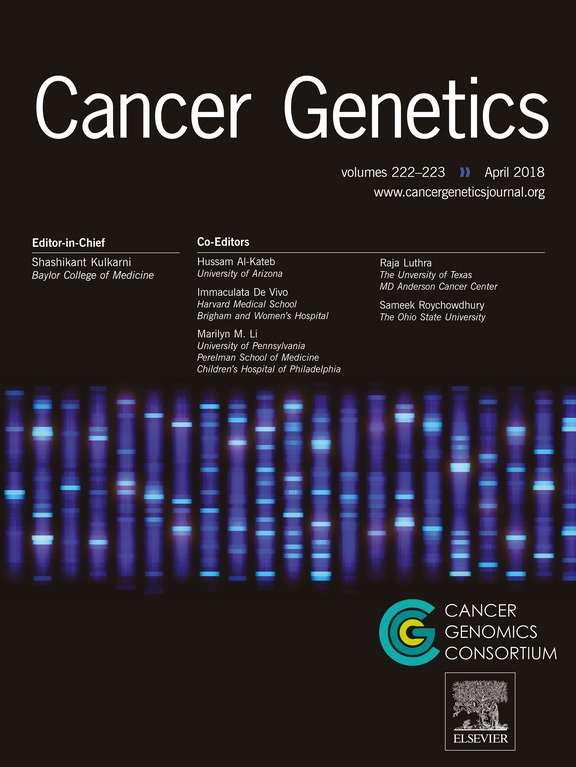The History of CGC
The History of CGC
The Cancer Genomics Consortium (CGC) is a non-profit organization formed in August 2009 by a group of clinical cytogeneticists, molecular geneticists, and molecular pathologists, who were interested in applying microarray, sequencing, and other molecular profiling technologies to cancer diagnosis and cancer research.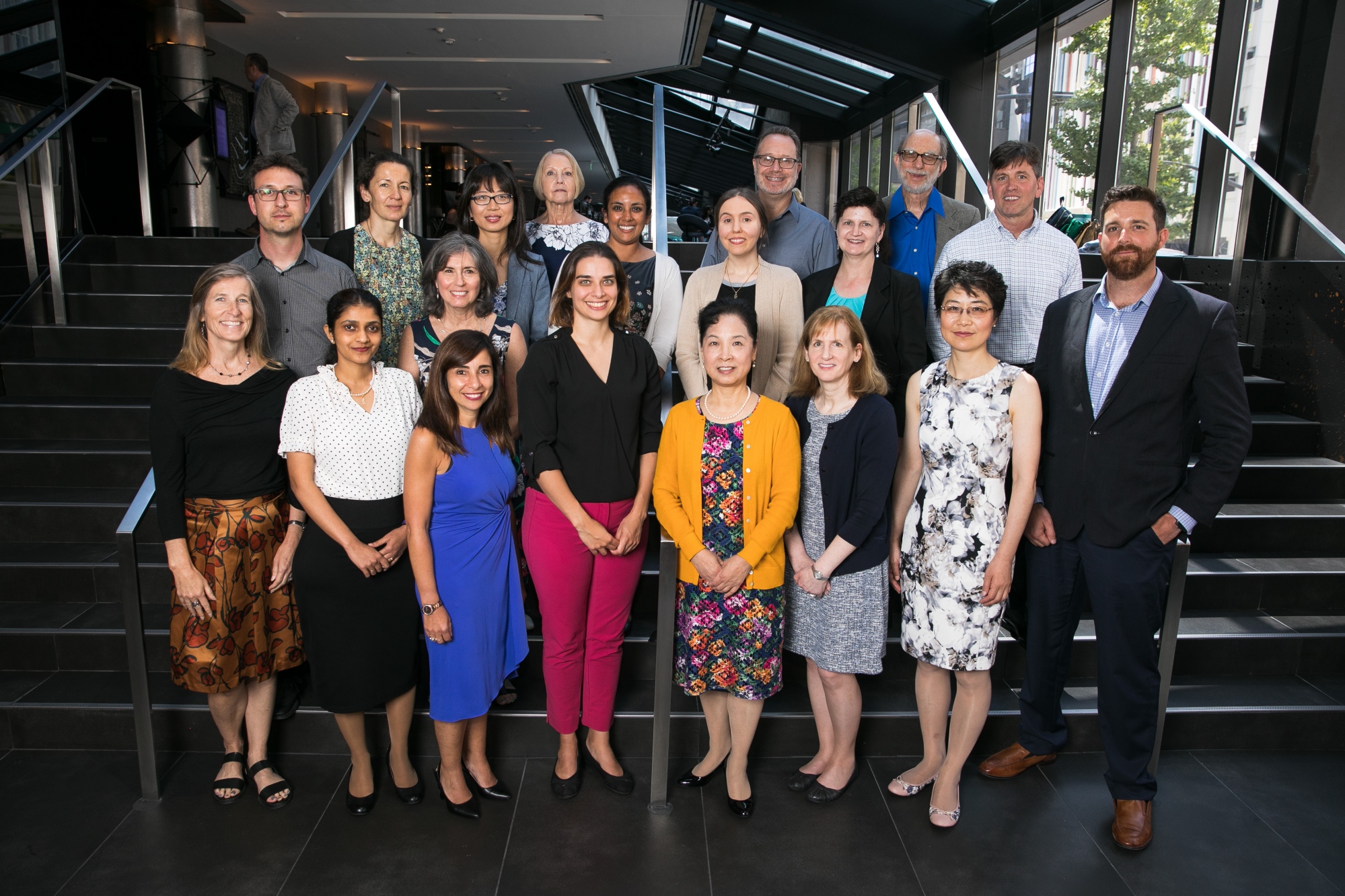
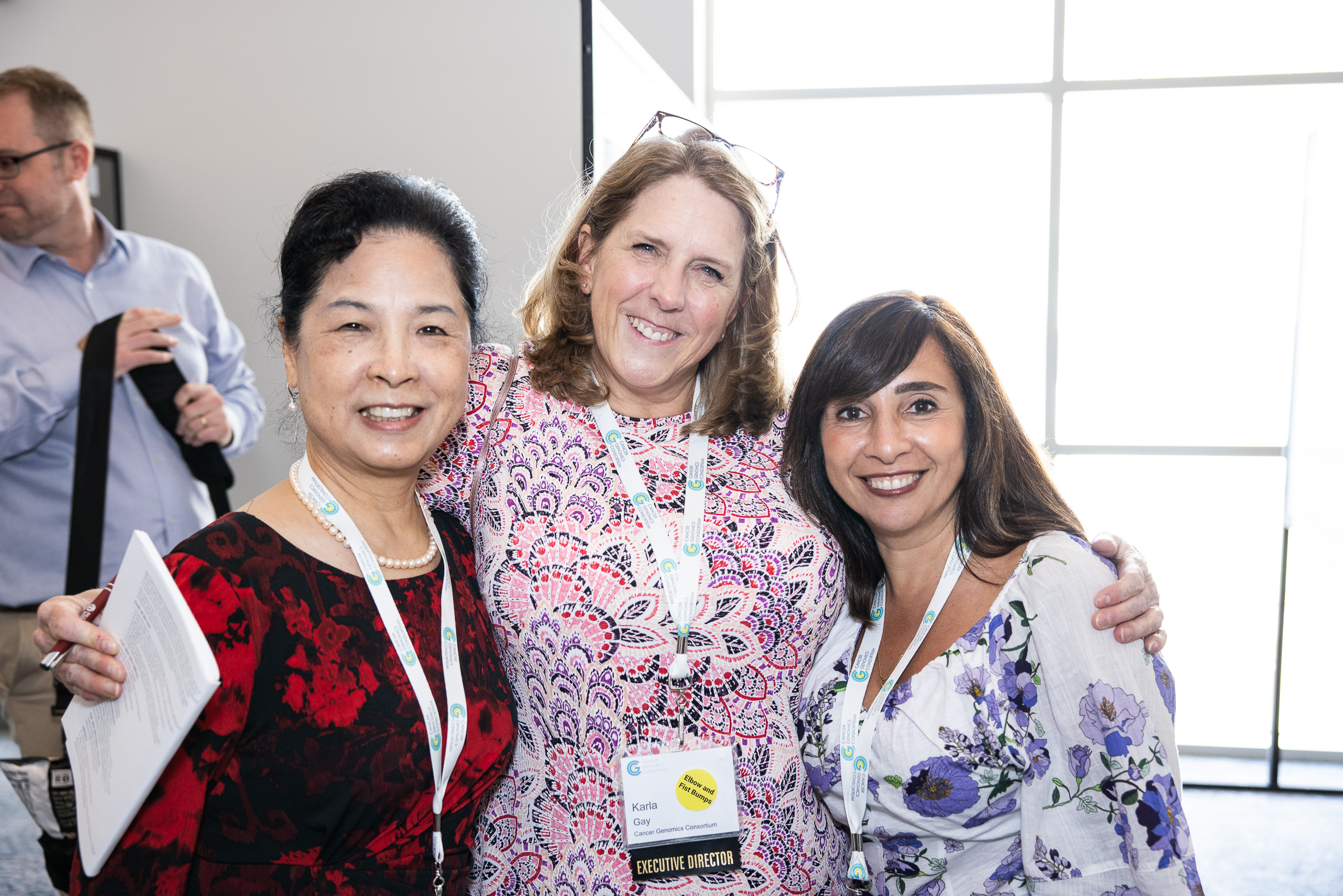
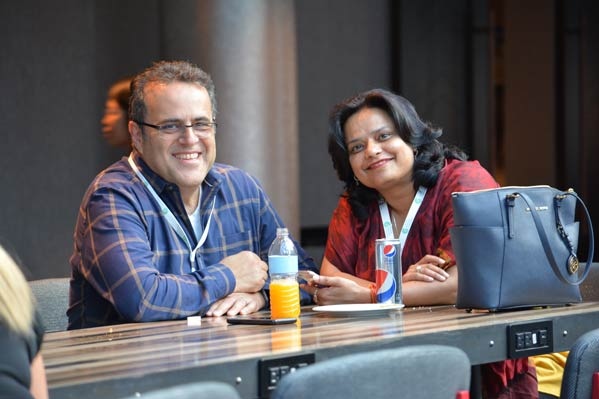
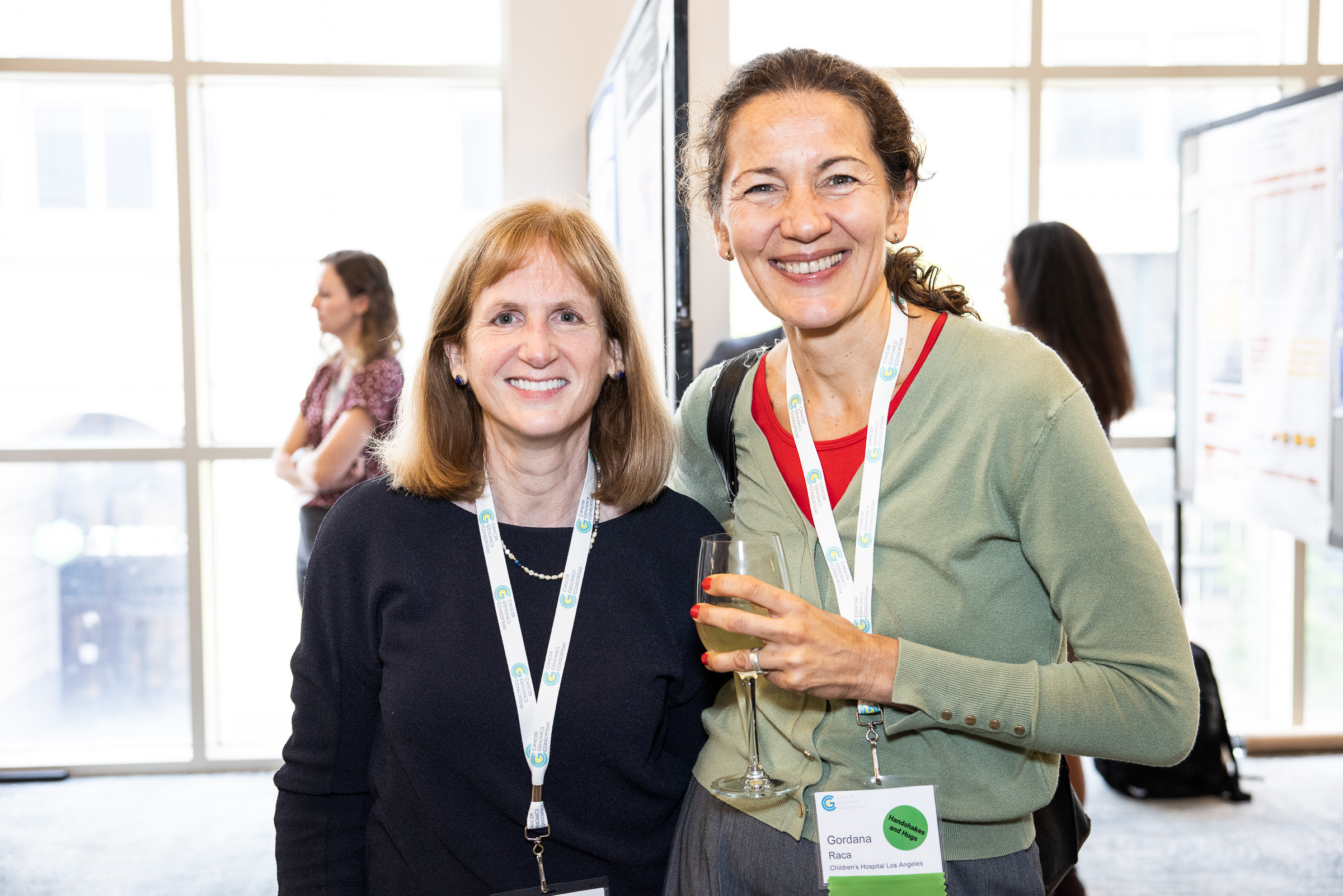
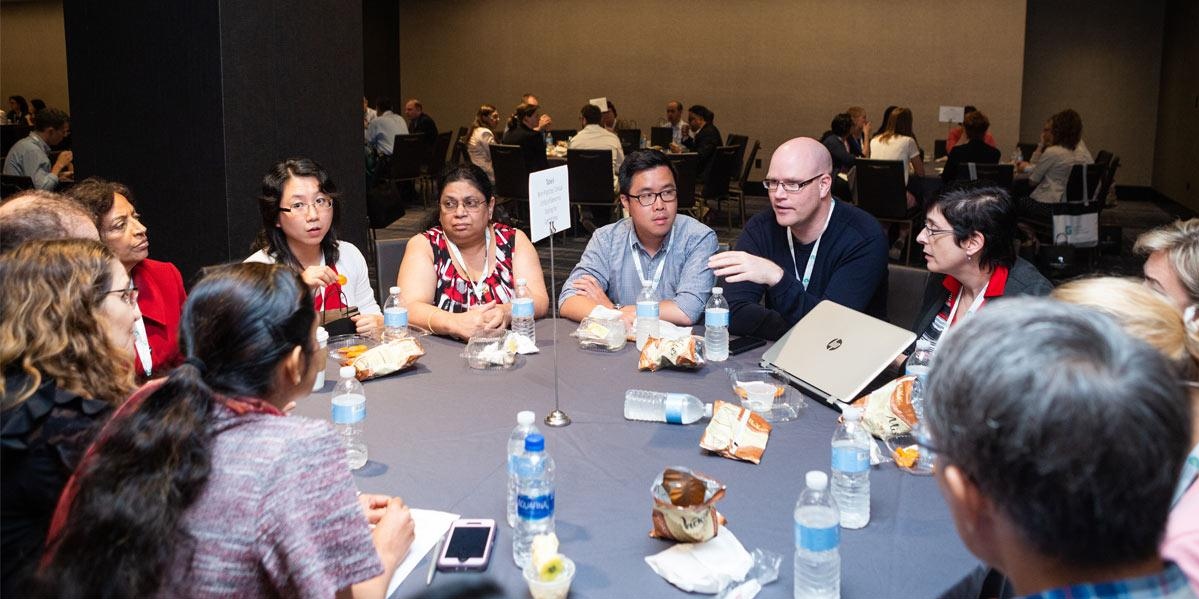
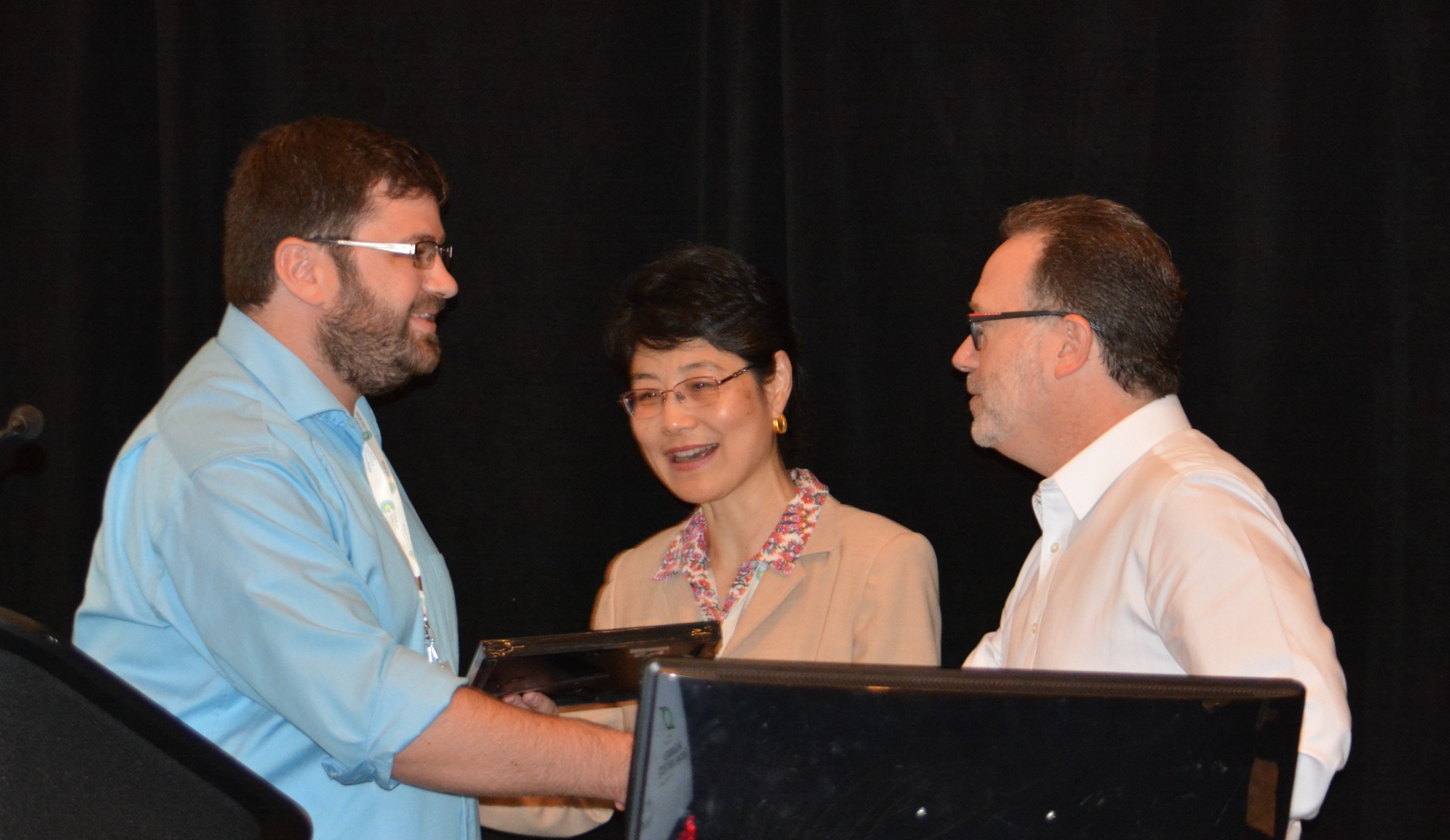
- The first CGC-sponsored multi-center cross-platform cytogenomic microarray study, published in Cancer Genetics in 2015
- Technical laboratory standards for interpretation and reporting of acquired copy-number abnormalities and copy-neutral loss of heterozygosity in neoplastic disorders, a joint consensus recommendation from the American College of Medical Genetics and Genomics (ACMG) and the Cancer Genomics Consortium (CGC).
- Evidence based reviews describing current concepts and best practices for assessing genomic aberrations in plasma cell disorders, chronic lymphocytic leukemia, acute myeloid leukemia, myelodysplastic syndrome, myelodysplastic/myeloproliferative and myeloproliferative neoplasms, CNS neoplasias, renal cell neoplasias, breast cancer, and B-lymphoblastic leukemia/lymphoma.

